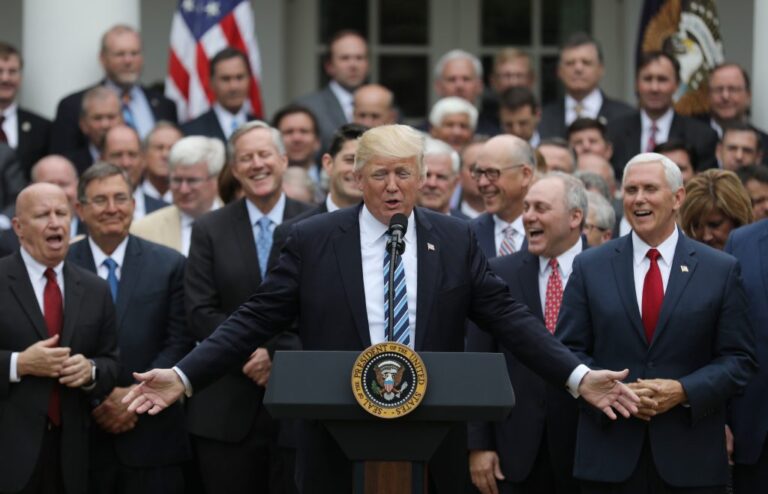At the Democratic National Convention (DNC), Bitcoin was notably absent from the conversation, unlike its presence at the Republican National Convention (RNC). This discrepancy highlights a deeper issue: Bitcoin’s alignment with political agendas and voter perceptions.
Why is Bitcoin Ignored by the DNC?
The crux of the matter lies in the differing priorities and perceptions of the two major U.S. political parties. While the RNC has embraced Bitcoin, integrating it into their policy platform, the DNC has largely overlooked it. This isn’t due to a lack of support within the party. Figures like Representative Ro Khanna, Ritchie Torres, and Senator Kirsten Gillibrand have championed Bitcoin, but their influence hasn’t swayed the party’s broader stance.
During the DNC, the focus was on traditional Democratic issues: minority inclusion, women’s rights, union security, and healthcare. Bitcoin, despite its potential to support these causes, was not discussed. This is partly because Bitcoin is perceived as a right-leaning asset, which creates a narrative disconnect with the Democratic base.
The Misconception: Bitcoin as a Right-Wing Asset
The perception that Bitcoin is a right-wing asset persists due to its association with certain political narratives and the lack of exposure to its potential benefits for progressive causes. This perception is a significant barrier to broader acceptance among Democrats. For Bitcoin to gain traction with the left, it needs to be framed as aligning with their values and addressing their concerns.
Bitcoin’s Potential Benefits for Democratic Goals
Bitcoin can support several Democratic priorities in unexpected ways. For instance:
- Economic Empowerment: Bitcoin can enhance economic opportunities for minorities by increasing purchasing power over the long term. While it’s true that those starting with less will benefit less, Bitcoin can still offer significant financial advantages.
- Healthcare Access: As financial institutions increasingly censor transactions related to culturally controversial services, Bitcoin provides a vital alternative. It can ensure access to services that may be restricted by traditional financial systems.
- Pension Security: Bitcoin’s long-term performance could bolster pension funds, helping address solvency issues that many pensions face.
- Renewable Energy: Bitcoin mining can support the adoption of renewable energy by buying stranded energy before it reaches the grid. This aligns with environmental goals and helps mitigate climate change.
- Global Freedom: Bitcoin’s decentralized nature supports freedom and inclusion, which aligns with Democratic values on a global scale.
Changing the Narrative
To shift the Democratic stance on Bitcoin, there needs to be a concerted effort to reframe Bitcoin’s role and benefits. Educating voters and policymakers about Bitcoin’s alignment with progressive values is crucial. Without this, Bitcoin risks being pigeonholed into a partisan narrative, limiting its broader acceptance and impact.
Understanding the Political Divide: Bridging Gaps
In essence, Bitcoin’s potential to support progressive goals is overshadowed by political narratives. The path forward involves changing these narratives and demonstrating Bitcoin’s value across the political spectrum. By doing so, Bitcoin can move beyond partisan divides and gain broader acceptance.



